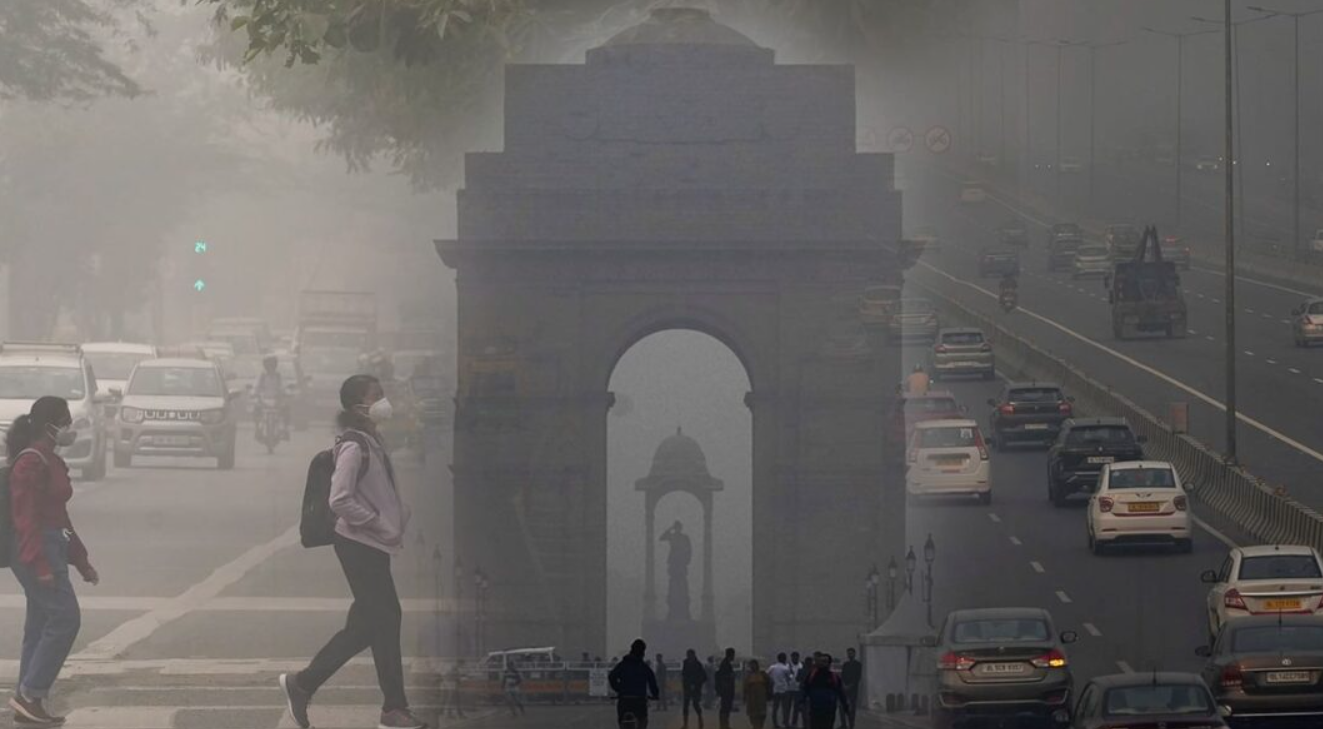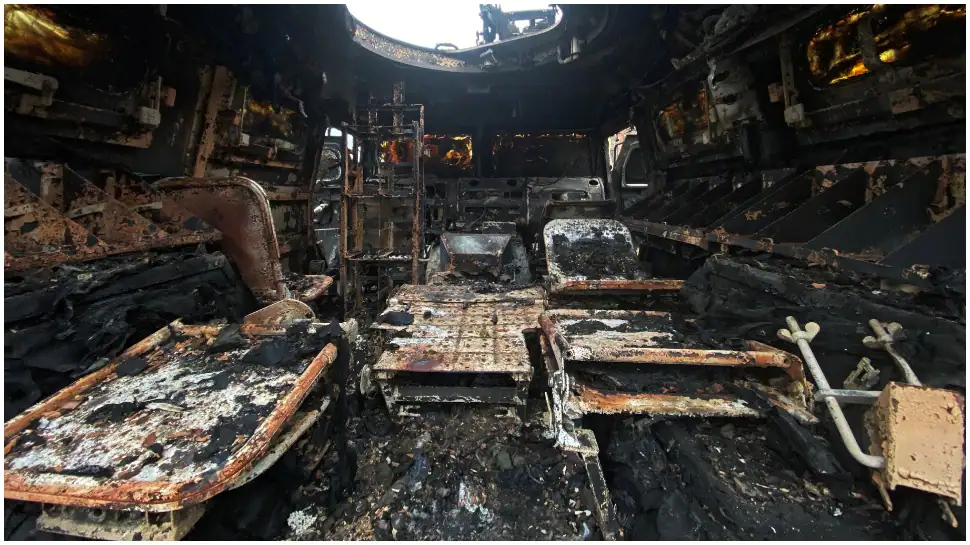
New Delhi: The Commission for Air Quality Management (CAQM) brought to force the fourth phase of Graded Response Action Plan (GRAP) on Sunday , November 5, 2023 in NCR and adjoining areas. On Sunday, at 5 am the AQI for Delhi was recorded to be 454 which escalated to 463 at 3 pm, thus entering the severe plus stage. GRAP is a set of anti-air pollution measures implemented in Delhi-NCR during the winter season.
For the strict implementation of GRAP-4, the government has instructed 50% of its employees to work from home and banned the entry of all polluting trucks, and commercial four-wheelers to Delhi. Only CNG, electric, and BS VI vehicles from other states are allowed to operate.
The Central Pollution Control Board Ministry of Environment, Forest & Climate Change, has prepared GRAP under different Air Quality Index (AQI) categories namely, Moderate and Poor, Very Poor, Severe, as per National Air Quality Index. A new category of “Severe plus or Emergency” has been added. The GRAP was first notified on January 12, 2017.
In GRAP Stage 1 or Poor Stage, the AQI ranges from 201 to300, Stage 2 or Very Poor from 301 to 400, Stage 3 or Severe Stage from 401 to 450, and in Stage 4 or Severe Plus above 450.
Odd-even is back in Delhi for one week from 13th to 20th November, said, Gopal Rai, Delhi’s environment Minister on monday.
The following Q & A explains the basic details of GRAP.
Q: What are the provisions of GRAP 4?
There are 8 provisions of GRAP 4, which are as follows:
1.The Department of Transportation has banned the entry of truck traffic in Delhi, except for the ones carrying essential goods and services, adhering to all should be LNG/CNG/electric trucks.
2.Entry of LCVs registered outside Delhi, is also banned other than EVs/CNG/BS-VI diesel to enter Delhi, with the exception of those vehicles carrying essential services.
3. There is a ban on C&D activities along with the lined-up public projects such as the construction of highways, roads, flyovers, and many more.
4.A discontinuation for classes VI-IX might happen as per the NCR State government and GNCTD along with class XI can have their classes in an online mode.
5.Central government may provide permission for work from home for employees in central government offices.
6.Decisions on work-from-home provision for 50% of employees in public, municipal, and private offices will be taken by NCR State government/GNCTD.
7.Emergency actions like the closure of colleges/educational institutions and non-commercial activities might happen by the state government. This might also permit the running of vehicles on an odd-even basis of registration numbers.
8.A ban on Delhi plying-registered diesel-operated Medium Goods Vehicles (MGVs) and Heavy Goods Vehicles (HGVs) in Delhi, except those carrying essential commodities.
Further, the CAQM appeals to the citizens of NCR to follow the steps mentioned in the Citizen Charter under GRAP. and advises:
1.Children, elderly, and those with respiratory, cardiovascular, cerebrovascular, or other chronic diseases to limit their outdoor activities and try to stay indoors, as much as possible.
Q: Why GRAP 4 was implemented, and Why did AQI escalate in Delhi-NCR?
The air quality of Delhi-NCR has always been unfavourable for health near Diwali for multiple reasons, however, this time it has severely degraded entering the last stage. Though it might be due to numerous factors, some of the prominent factors are the high incidents of farm fires in nearby regions of Delhi-NCR, low-speed North-Westerly winds moving the pollutants to Delhi, unfavorable meteorological conditions.
Q: How does low AQI impact your health and how can you maintain your health?
Low air quality can have a devastating impact on you and your family. It increases the risk of respiratory diseases, heart issues, lung infections, and sometimes strokes. It can be more disastrous for people with a history of medical problems.
Breathing fresh and safe air is hard to find right now but some precautions can be taken to maintain your health. The use of air purifiers can help in improving the air around you. While stepping out, wear an N95 mask to filter out the air as much as possible. You can request to work from home as staying indoors is much advisable by the government, along with that try planting air-purifying plants at your home. Drink and eat healthy to keep yourself hydrated.
















